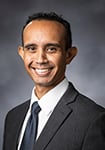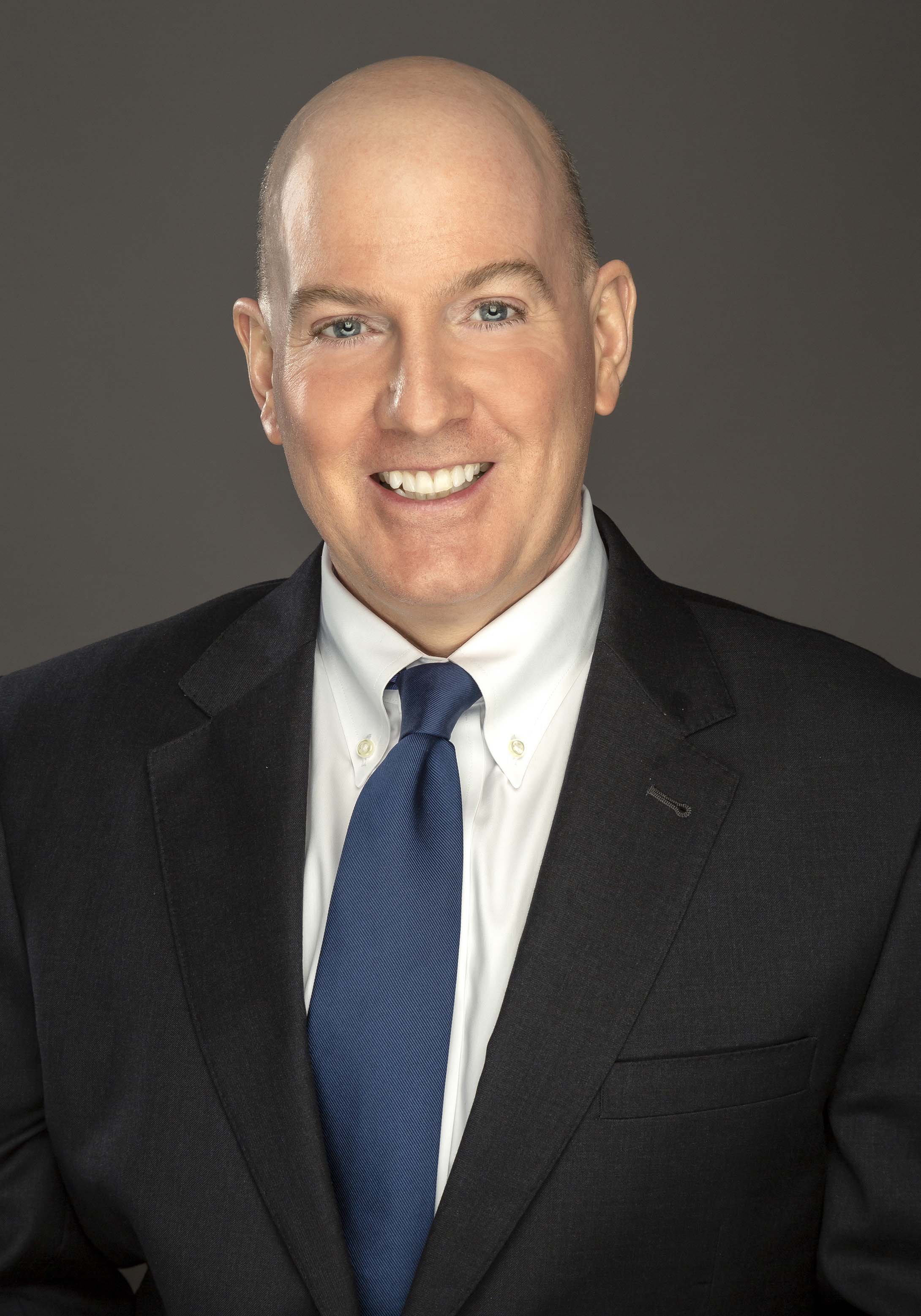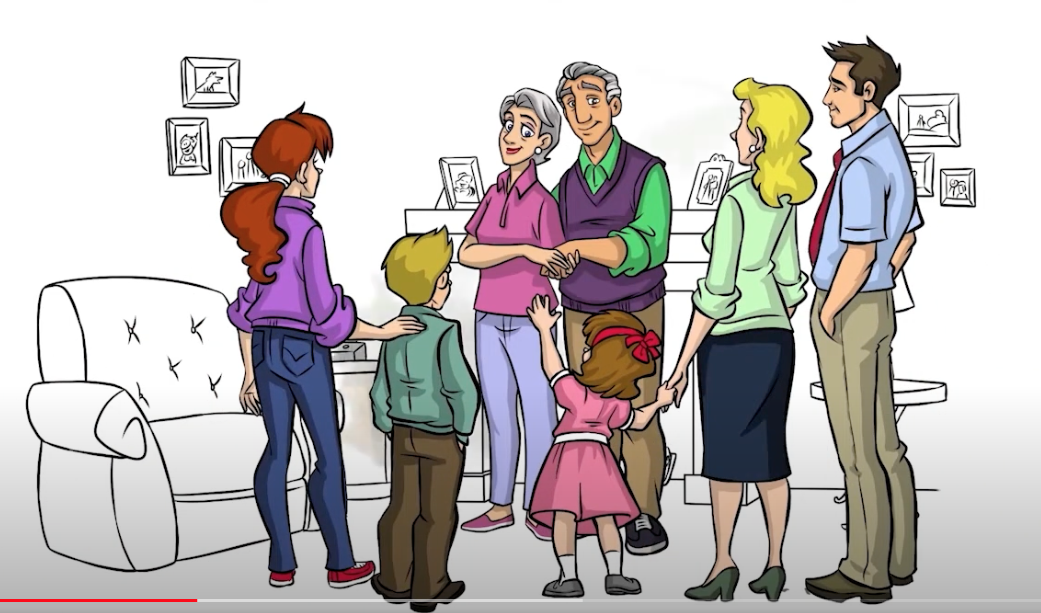
Spring 2024 GPC Newsletter

Counseling Together
By Ed Knight, Sr. Gift Planning Specialist, Philanthropies
Giving and receiving counsel are major parts of our lives. Counseling plays a role in our professions, in our relationships with friends and family members, and in our callings. In the Book of Mormon, Alma advises his son Helaman to turn to God for guidance and counsel:
Yea, and cry unto God for all thy support; yea, let all thy doings be unto the Lord, and whithersoever thou goest let it be in the Lord; yea, let all thy thoughts be directed unto the Lord; yea, let the affections of thy heart be placed upon the Lord forever.
Counsel with the Lord in all thy doings, and he will direct thee for good.1
When we include God in the counseling process, we can be directed by Him for good. We see this happen in the lives of our professional advisor friends. We know that you can be directed for good and that God’s children are blessed through the advice you provide to your clients. We hear stories about how your work as professional advisors has helped an individual or a family reach their goals, and we know there are many stories that go untold. We thank each of you for your good counsel.
The blessings of good counsel are not just for the receiver. President Henry B. Eyring once taught:
God offers us counsel not just for our own safety, but for the safety of His other children, whom we should love. There are few comforts so sweet as to know that we have been an instrument in the hands of God in leading someone else to safety.”2
We hope you feel comfort knowing that you have been an instrument in God’s hands when you give counsel in His way. Thank you again for all you do.
Abundance Is a Mindset: Everyone Can Give
By Gerika Espinosa, Financial Advisor, DMBA

What if I told you that you can increase your income by giving money away? Sounds counterintuitive, right? But before you disregard this statement, listen as I share a personal example and information about data and mindset. After all, aren’t we all interested in abundance? If so, reading this will be a good use of your time.
What comes first? Does a person earn more money, which enables them to give? Or do people give first and then more money follows? Arthur Brooks, bestselling author and Harvard professor, set out to find a conclusive answer. In one of his studies he found:
If you have two families that are exactly identical—in other words, same religion, same race, same number of kids, same town, same level of education, and everything’s the same—except that one family gives a hundred dollars more to charity than the second family, then the giving family will earn on average $375 more in income than the nongiving family—and that’s statistically attributable to the gift.3
Brooks also gives basic examples of how countries that give more prosper. If this interests you, I suggest you check out his full speech.4
One of the reasons that giving money improves our financial position is simply a mindset shift. We can see this principle exhibited in other areas of life, such as eating healthy or exercising. If we want to see results, our thoughts and actions need to be aligned. When we give, we prove that we have more than enough money, and we become grateful. The more grateful we become, the happier we are. The happier we are, the more productive and successful we become—and money follows. Financial abundance exists, and if you get more, it doesn’t mean someone else will get less. There is plenty of money to go around—even for you. Abundance is a mindset, and everyone can give.
Renowned philanthropist John Huntsman was once asked when he started giving away large sums of money. He replied that he started when he was making $320 a month as a naval officer in the late 1950s.5 He donated to the navy relief fund in addition to the normal 10 percent he gave to The Church of Jesus Christ of Latter-day Saints. Years later, in 2013, he gave $100 million toward building the Huntsman Cancer Center—only one of many instances in which he gave. He started young, and his affluence only multiplied. The more he gave away, the more he seemed to get. Abundance is a mindset, and everyone can give.
I decided to see if this concept was true, so I pulled out all my tax returns to see how much money I had given and then how much I had made in the following years. I also kept tabs on what I gave to charity outside of the standard 10 percent of my income that I paid in tithing. As I analyzed each year, I found the exact trend that I am writing about. In the years that we had given more, we had earned more money. In the years that we had given a lot more, we made a lot more money. I was pleasantly surprised. Abundance exists, and I was a recipient of it! It was amazing that this law worked, even though I wasn’t aware of it. Abundance is a mindset, and everyone can give.
Do you want more money? Give. Do you want to be happier? Give. Do you want to be more successful? Give. Philanthropies can help you make good use of your money if you are struggling to find where to give. But before you stop yourself, thinking you need large amounts of money to give, think again. Abundance is a mindset, and everyone can give!
Marty Hanifin Spotlight

Marty Hanifin first came to Utah during the 2002 Winter Olympics, and his heart never left. More than twenty years later, he is delighted to join the Gift Planning team and to finally call Utah home.
Hanifin received his undergraduate education at the nation’s oldest private military college, Norwich University in Northfield, Vermont. He earned his law degree as well as a graduate degree in government and foreign affairs at the University of Virginia. He received a graduate degree in public administration from the University of Oklahoma. He is admitted to practice law in Vermont, Colorado, and Oklahoma.
Prior to joining Gift Planning Services, Hanifin served as vice president of finance and administration at several public and private colleges and universities across the country. As chief financial and administrative officer, he worked closely with boards of trustees, endowment advisors, and financial institutions. He is excited to be working with donors and professionals who support the Church in its significant and uplifting philanthropic priorities.
Outside of work, Hanifin enjoys lap swimming, cross-country skiing, and taking in Utah’s great outdoors. He also enjoys playing the piano, watching classic old movies, and eating far too many vanilla-cake glazed doughnuts at his favorite Provo bakery.
Brigham Young University Spotlight

“Inspiring learning” is what Brigham Young University is all about; the phrase summarizes the university’s mission “to assist individuals in their quest for perfection and eternal life.”6
Through donations to BYU’s Inspiring Learning Initiative, generous alumni and friends provide students with valuable experiences such as mentored learning, research assistantships, internships, study abroad opportunities, work study, and other student aid. Donors also provide support for additional board-approved programs, including BYU Athletics and BYU Broadcasting.
“Some have wondered whether we will continue to emphasize inspiring learning. The answer to that question is a resounding yes! Of course we will! We have no choice. . . . As long as we are true to our mission and aims, we will promote inspiring learning,” says President C. Shane Reese.7
To learn more about BYU, the Inspiring Learning Initiative, and how donors can further this great work, click here.
Visits with Gift Planning Services
As we travel, Gift Planning Services (GPS) specialists love visiting with our GPC friends. It gives us a chance to get to know you better, share information about Philanthropies, and discuss the complimentary services GPS offers to you and your clients. If you would like to visit briefly with a GPS team member, either in person or virtually, please contact David Smith at 801-356-5251 or at davidj_smith@churchofjesuschrist.org.
Informational Videos
We have created numerous informational videos that can be used easily to introduce and even educate individuals about segments of gift planning. They are easily available in the Gift Planning section of the Philanthropies website. One example is the following:
Beneficiary Designations
This video talks about how to make a charitable donation by naming the charity as a beneficiary of a life insurance policy or retirement savings account.
PS: Don’t forget to add giftplanning@ChurchofJesusChrist.org to your safe-senders list.
PPS: If you have friends or colleagues who you think would benefit from receiving this newsletter or other Gift Planning Council correspondence, please contact David Smith at davidj_smith@ChurchofJesusChrist.org or at 801-356-5251.
Notes
- Alma 37:36–37.
- Henry B. Eyring, “Finding Safety in Counsel,” Ensign, May 1997.
- Arthur C. Brooks, “Why Giving Matters,” BYU forum address, February 24, 2009.
- See Brooks, “Why Giving Matters.”
- Paul Sullivan, “Jon Huntsman Sr.’s Early Calling to Philanthropy,” New York Times, November 1, 2013, nytimes.com/2013/11/02/your-money/jon-huntsman-srs-early-calling-to-philanthropy.html.
- The Mission of Brigham Young University (November 4, 1981).
- C. Shane Reese, “Quick to Observe,” BYU university conference address, August 28, 2023.
Join the Gift Planning Council LinkedIn group at this link.
Contact Us
For a detailed discussion of the services we provide you and your advisors, please contact us at 1-877-650-5377 or by email.
